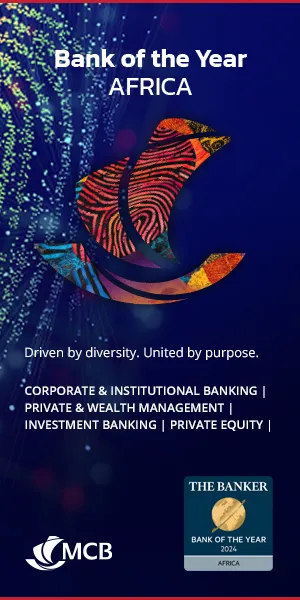
In Nioro, Senegal, Mamadou Drame, a father of four children, now looks down at a screen instead of up at the skies to understand the weather and know what to plant. Historical rain cycles have become increasingly unreliable because of climate change, upsetting patterns of planting and harvesting. Thankfully, digital innovations have stepped in assisting him to boost his rice, maize, millet and vegetable production. These tools are also helping in finding buyers and receiving payments on his phone.
In November 2016, the Food and Agriculture Organization of the United Nations (FAO) launched the Agricultural Services and Digital Inclusion in Africa (ASDIA) project, with Flexible Voluntary Contribution funding.
The project’s main objective was to provide farmers with real-time information on weather forecasts, best agricultural practices, livestock care, market prices, health and nutrition directly from specially developed applications on their cell phones.
With the “Weather and Crop Calendar” app, farmers have a new ability to predict the start and end of the rainy season accurately, as well as the frequency and expected amount of rain. This information allows them to choose the right type of seeds and timing for production cycles, avoiding the catastrophic losses that often occur in dry years.
“We have never had this kind of information or access to markets. It has completely changed how we think about this business. Now we can plan, plant, harvest, sell and earn with a security we have never had,” says Mamadou.
In Nioro, Senegal, Mamadou Drame, a father of four children, now looks down at a screen instead of up at the skies to understand the weather and know what to plant. Historical rain cycles have become increasingly unreliable because of climate change, upsetting patterns of planting and harvesting. Thankfully, digital innovations have stepped in assisting him to boost his rice, maize, millet and vegetable production. These tools are also helping in finding buyers and receiving payments on his phone.
In November 2016, the Food and Agriculture Organization of the United Nations (FAO) launched the Agricultural Services and Digital Inclusion in Africa (ASDIA) project, with Flexible Voluntary Contribution funding.
The project’s main objective was to provide farmers with real-time information on weather forecasts, best agricultural practices, livestock care, market prices, health and nutrition directly from specially developed applications on their cell phones.
With the “Weather and Crop Calendar” app, farmers have a new ability to predict the start and end of the rainy season accurately, as well as the frequency and expected amount of rain. This information allows them to choose the right type of seeds and timing for production cycles, avoiding the catastrophic losses that often occur in dry years.
“We have never had this kind of information or access to markets. It has completely changed how we think about this business. Now we can plan, plant, harvest, sell and earn with a security we have never had,” says Mamadou.
Increased local uptake of digital solutions
As of August 2022, Mamadou is now one of over 300 000 Senegalese farmers registered with ASDIA to receive these advisory messages in their local language. The African Development Bank (AfDB) also mobilized USD 1 million in 2022 to deploy ASDIA and other FAO digitalization initiatives to the Casamance region in southern Senegal, financing the development of new apps.
With the use of this technology, Mamadou has regained trust in his agricultural production: “I feel confident when I plant and set my prices. I know that I can earn enough to feed my family, take my children to school and grow my business.”
ASDIA is one part of the wider Senegalese model of the 1 000 Digital Villages Initiative (DVI) led by FAO. The DVI promotes rural transformation through digitalization of agriculture, addressing agricultural and non-agricultural bottlenecks and leveraging greater innovation for better production. The DVI places small-scale farmers at the centre of the fight against hunger, poverty and inequality. Senegal is among the nine African countries and multitude of countries worldwide participating in the DVI.
Distributed by APO Group on behalf of Food and Agriculture Organization (FAO).
This Press Release has been issued by APO. The content is not monitored by the editorial team of African Business and not of the content has been checked or validated by our editorial teams, proof readers or fact checkers. The issuer is solely responsible for the content of this announcement.
Want to continue reading? Subscribe today.
You've read all your free articles for this month! Subscribe now to enjoy full access to our content.
Digital Monthly
£8.00 / month
Receive full unlimited access to our articles, opinions, podcasts and more.
Digital Yearly
£70.00 / year
Our best value offer - save £26 and gain access to all of our digital content for an entire year!

 Sign in with Google
Sign in with Google 

